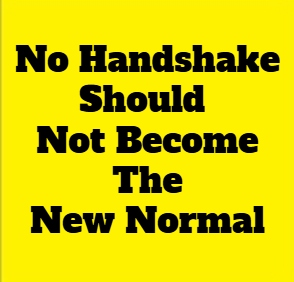

By Our Editorial Team
First publised on 2025-09-16 07:15:07
A cricket field is rarely just about runs and wickets. It's a stage where countries carry baggage far heavier than a bat or ball. In the latest India-Pakistan clash at the Asia Cup, it wasn't the result that grabbed attention. It was what didn't happen - no handshake. A small, but traditional, gesture, missing. And suddenly, that absence became the story.
On the pitch, the game itself was straightforward. India bowled smart, Pakistan faltered, and the chase never really looked in doubt. But when the dust settled, the silence at the end was louder than the crowd. No exchange at the toss, none after the game, none on the podium. It felt deliberate - because it was.
The Indian team later explained it as a tribute to the soldiers killed in Pahalgam and to the armed forces. Some things, they said, stand above sport. Pakistan saw it differently. For them, it was unsporting, even petty. In their view, cricket should remain the one place where the wall between nations isn't so high.
But here's the thing: sport and politics have always overlapped. To believe otherwise is to ignore history. National grief, public anger, diplomacy - they don't wait outside the boundary ropes. And yet, that's why traditions like the handshake matter. They are small rituals that remind us rivalry need not mean disrespect.
Was India wrong? Not necessarily. But it raises a bigger question: what happens if this becomes the new normal? If every India-Pakistan match is stripped of basic courtesies, the game risks losing the one thing that lifts it above the daily grind of politics - its ability to unite, however briefly.
In our part of the world, cricket is more than a sport. It is theatre, release, sometimes even therapy. A handshake may seem trivial, but it's also a signal - that competition can coexist with dignity. If cricket forgets that, it will reflect only our worst divides, not our shared passion.











